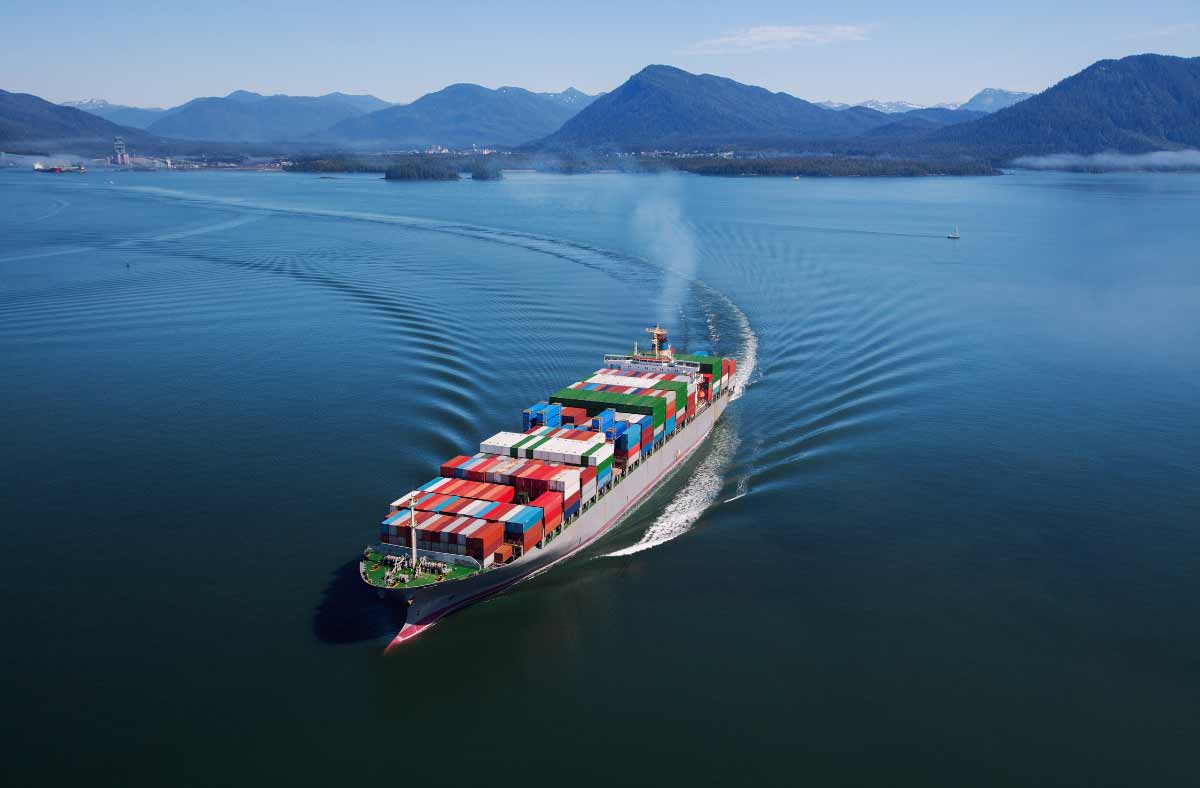 Under most common terms of sale, the exporter will have to make some sort of provisions for the receipt of goods at the target destination. This must be planned and arranged in advance, because a variety of matters have to be considered.
Under most common terms of sale, the exporter will have to make some sort of provisions for the receipt of goods at the target destination. This must be planned and arranged in advance, because a variety of matters have to be considered.
Ill-conceived decisions are likely to incur an additional degree of risk and the potential for significant extra costs.
At a minimum, the shipper, exporter or consignor must ask the following questions:
- What facilities are available for unloading, moving and storing the shipment?
- Can the port handle the types and sizes of containers or other packing that is proposed for the shipment?
- If the goods are perishable, are refrigeration facilities available? If so, at what cost?
- Who will ensure off-loading? Does the shipper have a representative, agent, distributor or customs broker available to take charge of the shipment?
- Who is responsible for clearing the goods through customs?
- What authorization do the customs officials in the target market require to allow goods to be cleared?
- What documents will be required to clear the goods through the port and through customs?
- Will the goods have to be stored while awaiting customs clearance?
- What charges and fees are payable?
- How are duty and taxes to be paid?
- How will the goods be moved out of customs? Will they have to be stored again before delivery?
- Who will oversee and manage the movement of the goods through the port and to the importer?
- What transportation and handling facilities are available to move the goods from customs to their ultimate destination?
- How long is this process likely to take?
- What are the possible risks and costs associated with the logistics of delivery?
These and a number of other issues must be thought through and dealt with long before the goods are actually shipped.
If not planned for, any one of these issues could present a delay in transporting goods to the customer. If the goods are perishable or otherwise time sensitive, the delay could result in the complete loss of a shipment.
Talented agents on the ground can be real difference makers
There are several ways of dealing with the challenge of ensuring smooth delivery to a foreign client. A preferred strategy, however, is to have an on-site representative or agent.
The agent can provide vital information about packing and documentation requirements before the shipment leaves the country of origin, prepare for receipt of the shipment and direct the shipment through customs and to the importer.
Agents normally work on a commission basis and, apart from making sales, they often offer a complete range of additional services to an exporter, including receiving, clearing goods through customs and shipping goods.
Companies that export frequently should have a network of representatives or agents distributed throughout their target markets.
Because such individuals can deal with all aspects of a shipment, the company can offer its importers a comprehensive and timely service with goods delivered right to their doorstep.
Searching for and qualifying an agent can involve a lot of research. This can be simplified, though, because many well-structured agents are members of organizations such as the International Union of Commercial Agents and Brokers.
Entering into a first-time agency contract requires a framework and proper guidance, so as to avoid costly errors or disputes. The ICC has developed a model agency contract, publication no. 496, which can be adapted to suit specific requirements.
This contract incorporates prevailing practice in international trade as well as principles generally recognized by domestic laws on agency agreements.
Find the right warehouse facilities for your business needs
On arrival, goods might have to be stored and an appropriate foreign warehouse facility must be arranged.
Various questions should be considered:
- Are the facilities appropriate to the goods being stored? For example, are the facilities temperature controlled?
- Are the storage facilities secure against weather conditions and pilferage?
- Are they secure against fire?
- Does the warehouse have proper control and tracking of goods?
- What are the insurance arrangements?
- Who is responsible for loading and unloading from the warehouse?
- What kind of charges apply?
The extent to which the shipper, exporter or consignor needs to be concerned with storage and warehousing matters will depend upon the terms of sale negotiated, as will distribution requirements and procedures.
If goods are sold to a distributor, the distributing firm will normally store them in its own facility for subsequent resale through its own network. An agent may or may not agree to store goods.
What are your tips to planning for a smooth international export delivery process for all parties?







disqus comments